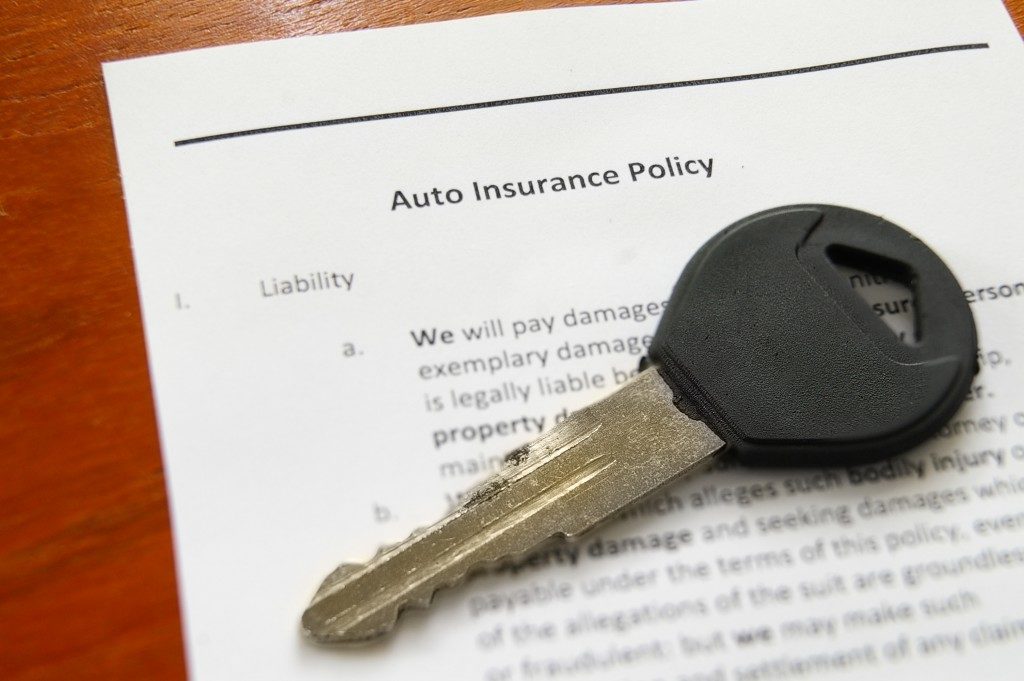- Establish workplace safety protocols to prevent costly workplace injuries and illnesses.
- Provide time off work for injured employees to rest and seek medical care.
- Offer health insurance coverage and monetary assistance to cover costs.
- Assure job security, provide relief packages, and offer legal services when necessary.
- Demonstrate commitment to employee’s well-being through care and trust.
Workplace injuries and illnesses are estimated to cost employers up to $250 billion annually in medical costs, lost productivity, and other expenses. According to the U.S. Bureau of Labor Statistics (BLS), approximately 2.6 million nonfatal workplace injuries and illnesses were reported by private industry employers in 2021 alone. This rate translates to an incidence rate of 2.8 cases per 100 equivalent full-time workers – a figure which had remained relatively unchanged since 2011 when the BLS first reported it.
Moreover, most studies have found that employees suffering from work-related injuries are likelier to be absent for extended periods than those with non-work-related injuries or illnesses. This can significantly increase absenteeism costs for businesses, particularly in industries with high labor costs. Workplace safety should therefore be a top priority for employers. Implementing stringent workplace safety protocols can prevent costly workplace injuries and illnesses and foster a healthier, more productive work environment.
However, you must also consider what to do if an employee is injured while not at work. This could include an injury sustained while commuting, engaging in leisure activities, or performing any other action outside of the workplace. While you might be free from responsibility, it is encouraged for employers to take the initiative and provide assistance to ensure employee well-being. Here are a few tips to consider:
Time Off Work

Nobody wants to get injured, but it is easy to sympathize with the employee in this situation. Provide the injured employee a reasonable amount of time off work to rest, recover, and seek medical care if necessary. This will also help them avoid any further damage or complications from attempting to return to work too soon.
Some employees might have to recover for weeks or months, especially when the injury requires surgery. If the injury leaves your employee unable to work for an extended period, you should discuss options for paid or unpaid leave. Of course, some employees might not be willing to take unpaid leaves, forcing themselves to go to work while not being 100% recovered. If so, flexible work arrangements should be discussed to ease their workload and reduce the risk of further injury.
Compensation
The injured employee will likely face medical expenses and potential income losses due to time away from work. Depending on the severity of the injury, you should consider providing some form of compensation to help your employee through these challenging times. Here are a few perks to consider:
Health Insurance
Health insurance coverage is perfect for these situations, making it easier for employees to receive the medical attention they need. If you already have a health insurance plan, ensure it provides adequate coverage for injuries sustained outside work. If not, consider providing additional coverage specific to non-work-related injuries and illnesses.
Monetary Assistance
Unfortunately, medical insurance can only cover so much of the expenses. You could provide one-time monetary assistance to help your employee cover the remaining medical bills, transportation for follow-up care and medication, etc.
Job Security
The injured employee might be worried about their job security during this challenging period. Reassure them by offering written assurance that they will not face any form of discrimination or termination due to their injury. This will give them peace of mind knowing they still have a job when they return from recovery.
Relief Package
If you want employees to feel like they matter, you should create an employee relief package. This can include things like home-cooked meals, grocery store deliveries, and any other item that could help them get through their recovery period.
Legal Assistance

Unfortunately, the injured employee might be facing a legal battle if the incident was caused by someone else. Car accidents, for example, may require them to file a lawsuit. Consider offering legal assistance to ensure they get the support and representation they need during this process. Sponsoring a car accident lawyer could help ensure they get the legal compensation they deserve and the best possible outcome.
Final Thoughts
These are just a few tips to consider when dealing with an injured employee outside of work. It is important to remember that each situation is unique, and you should always base your decisions on the individual’s needs. Taking these additional steps could ultimately help protect the injured employee while demonstrating your commitment to their safety and well-being. It all boils down to how much you value your employees as individuals – not simply as workers. Showing them this kind of care will go a long way in fostering loyalty and trust within your organization.



